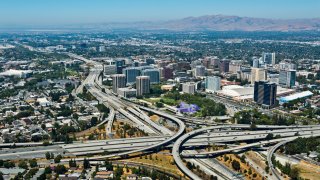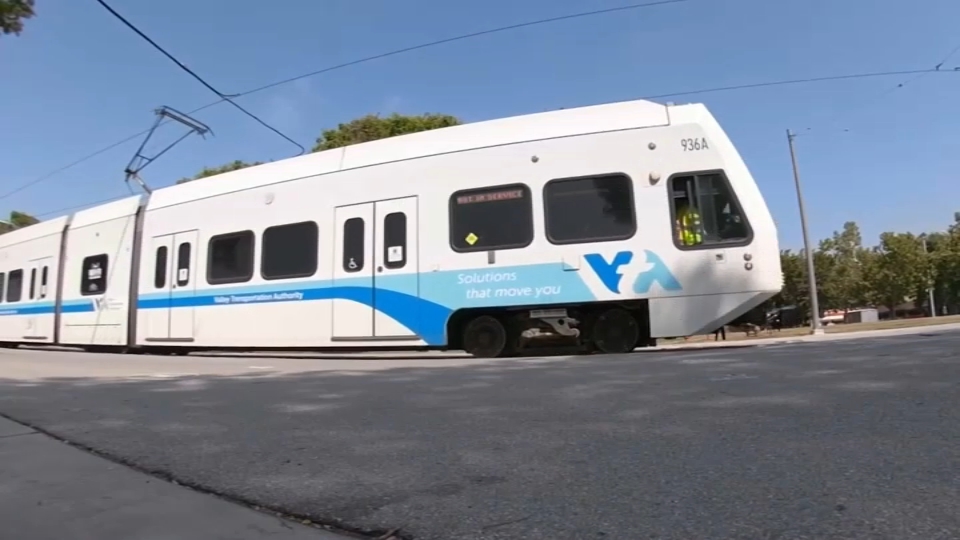
Downtown San Jose could see an economic boost if city officials adopt a potential initiative for fast-tracking large developments.
Mayor Matt Mahan and Councilmembers Dev Davis and Pam Foley are proposing an "Innovative Project Pathway Program" aimed at creating a streamlined approach to development in the downtown core. It would apply to developers interested in constructing new residential and commercial projects. The program could open the door to rezoning areas of downtown to accommodate new development and modifying the city's general plan.
At Wednesday's Rules and Open Government Committee meeting, Foley said the city has been criticized in the past for how slow the process is, but the project pathways program proposal will turn things around.
"This allows the developer to bring in a project that could be beneficial to the city, and for us to make a quicker decision," Foley said at the meeting. "Hopefully, we'll actually get some shovels in the ground."
Councilmember Sergio Jimenez asked city employees how the program differs from existing development reviews.
"In this instance, it would be streamlining for those large projects, as opposed to having multiple conversations with staff and with council offices," Michael Lomio, Mahan's land use and economic development policy advisor, said. "This really creates a dedicated policy lane for those most important projects."
San Jose Downtown Association CEO Alex Stettinski said he agrees downtown needs more investment to cut down on the close to 30% office vacancy rate and create a more vibrant ecosystem. Creative housing or business concepts without clear policy processes would benefit the most under a project pathway program, he said.
"If we recognize as a city something really interesting and say, 'This is innovative and we'd like to make this happen' -- this would enable us to do that," Stettinski told San Jose Spotlight.
Others, like land use consultant Erik Schoennauer, said the pathway program could be beneficial citywide.
"Equally as important is that the city should adopt a citywide residential incentive program this calendar year, which they are analyzing right now," Schoennauer told San Jose Spotlight. "We have 36 projects citywide, that are either approved or near approval, which can't get financing to start construction."
Get a weekly recap of the latest San Francisco Bay Area housing news. >Sign up for NBC Bay Area’s Housing Deconstructed newsletter.
There are at least 13 housing projects totaling more than 1,500 new homes stuck in limbo waiting for city funding. Without future affordable housing dollars from funding sources like Measure E to kickstart the rest of the projects in the pipeline, these proposals could remain on hold.
A proposed multi-family residential incentive program would allow developers more tax and fee reductions to encourage construction, similar to the downtown high-rise incentives program approved earlier this year, but it would also leave the city with less funding.
Land use and development expert Bob Staedler said the most important action city officials could take is streamlining the environmental review process. He said putting the proposed project pathway program into practice will ultimately depend on staff workload.
"As cliche as this sounds, the devil's in the details," Staedler told San Jose Spotlight. "Talk of improving things is great, but we just have to see the willingness of [the] council to direct city staff to make changes."
Doug Bloch, spokesperson for unions affiliated with the Santa Clara and San Benito Counties Building & Construction Trades Council, said his organization represents multiple San Jose union workers -- and factors like high interest rates and construction costs are preventing much-needed housing production from advancing.
"San Jose needs the flexibility to consider non-traditional projects so that we can build more housing," Bloch said Wednesday.
This story was originally published in the San Jose Spotlight but was provided to NBC Bay Area through the Bay City News service.



